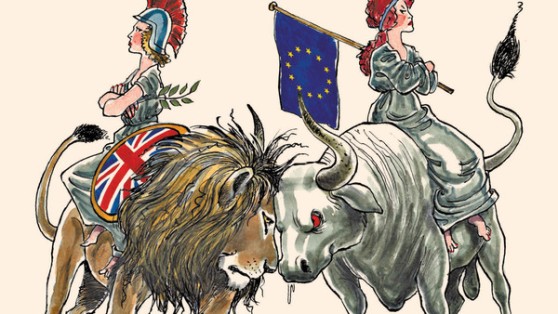Mehwisch Khan
Joint Honours (Law and European Languages) student at the University of Hertfordshire
This post was originally posted by the European Youth Press
On January 7, 2015, Andrej Duda, the current Polish president and key member of Poland’s right wing ‘The Law and Justice Party’ (PiS), approved a media bill that has sparked substantial controversy in his country. The new Radio and Television Bill allows a political figure, the Treasury Minister, to hire and fire senior figures in public radio and television. The new hiring process, which will no longer be under the control of the National Broadcasting Council, facilitates restrictions on media freedom, censorship and the dispersal of biased information. Continue reading



